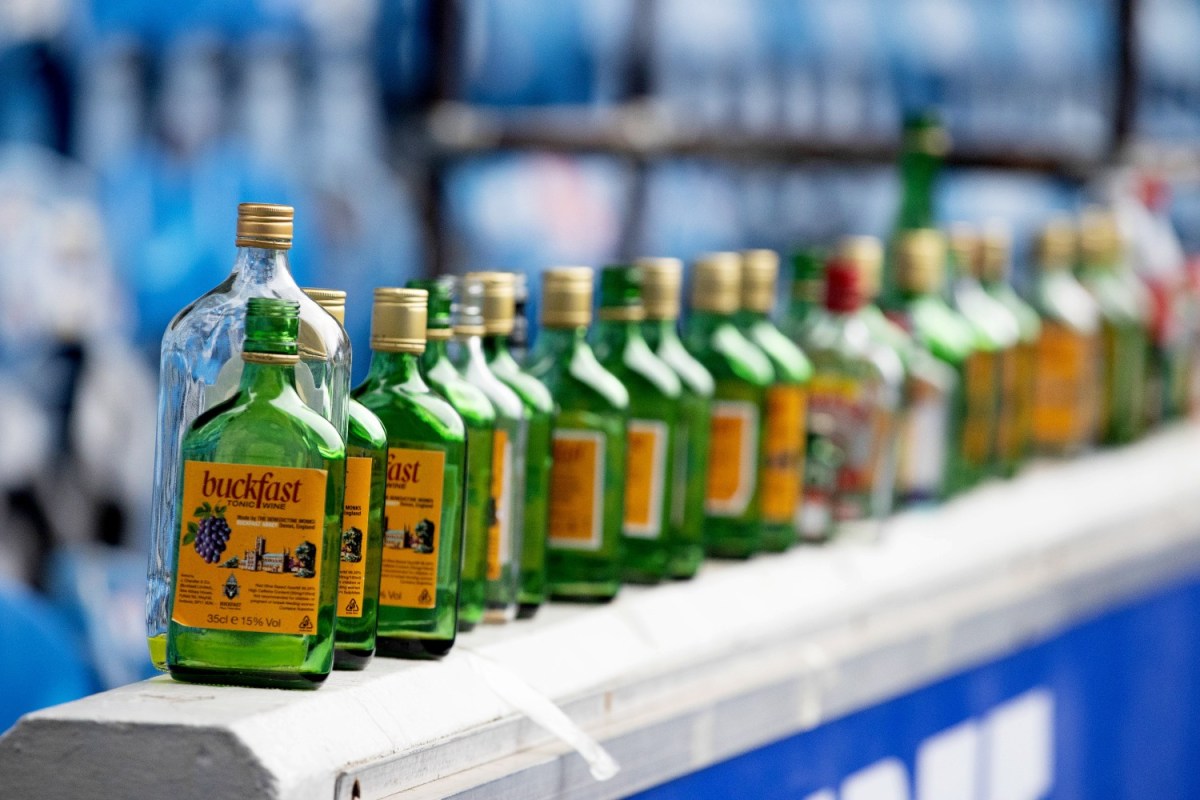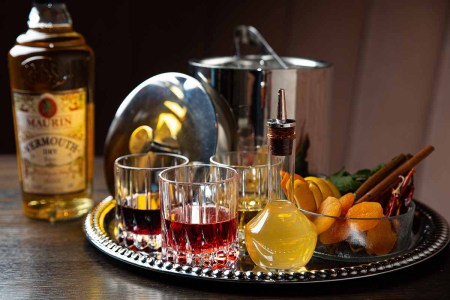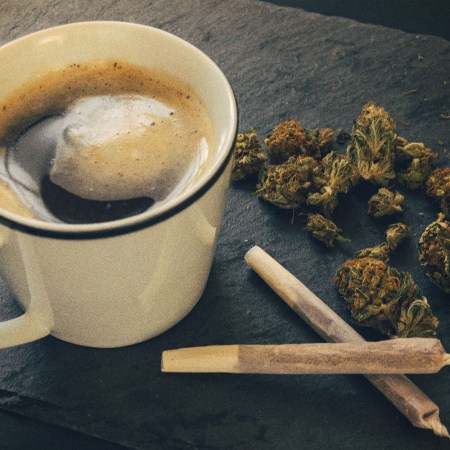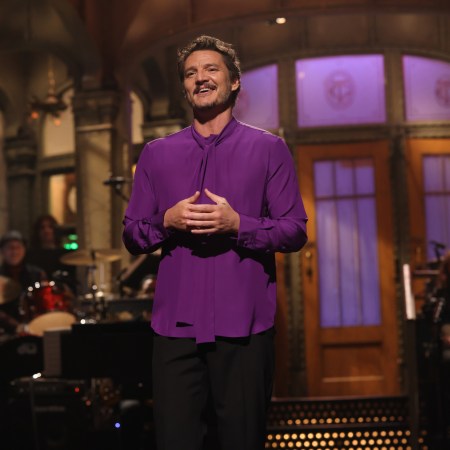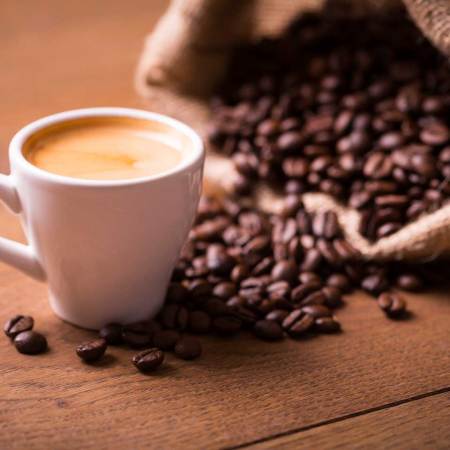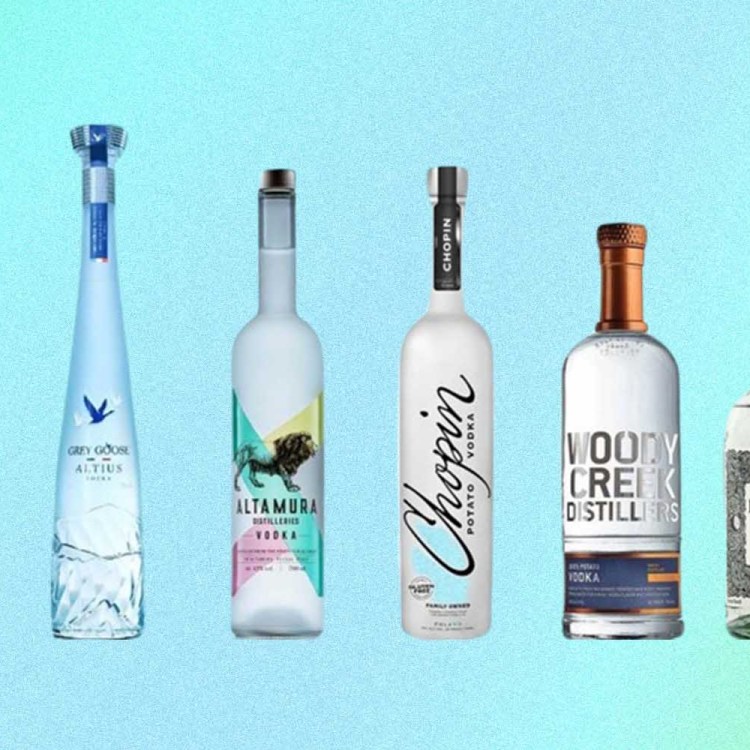After decades of sectarian violence in Northern Ireland, there are certain seemingly innocuous things that have nonetheless become touchy subjects. A jersey worn by the Belfast-based soccer team Linfield F.C. a few years ago, for instance, was criticized for its combination of colors, which recalled the flag of a paramilitary organization. But the latest sociopolitical flashpoint in the region involves something very different: fortified and caffeinated wine.
That’s an accurate description of Buckfast, which Sarah Lyall described in a New York Times article as follows: “To the neophyte sampler, it evokes a thick, sweet wine — sherry, perhaps — fortified with cola and Vivarin.” (If you’re a fan of Ted Leo’s music, you may recall the song “A Bottle of Buckie.” That’s Buckfast.) But how, you might wonder, do you get from this style of beverage to a political controversy? Here’s where things get weird.
As Thom Dunn recounted at BoingBoing, Buckfast is primarily consumed in Scotland and Northern Ireland. This prompted a rival company, Belcondie Ltd., to release King William Fortified Wine, with an orange label and a 16.9% alcohol by volume — both likely allusions to William of Orange’s defeat of James II in 1690. (Belcondie has maintained that the ABV is a nod to the 1690 passage of the Distillery Act.)
There Are Better Ways to Use Vermouth
Why it deserves a starring role in your drink, as explained by four mixologistsThe combination of imagery with this new fortified wine led to official complaints being filed with the Portman Group, which oversees the U.K.’s alcohol industry. And, as reported by The Drinks Business, the trade organization has agreed that the packaging is too provocative.
In a statement, Nicola Williams — chair of the committee that reviewed the case — concluded that the packaging contained “a combination of elements that when considered together, created a clear link to sectarianism in a manner that could still be considered divisive and inflammatory today.” For now, drinkers will be waiting to see what the new packaging looks like — and if more controversy is in this beverage’s future.
Join America's Fastest Growing Spirits Newsletter THE SPILL. Unlock all the reviews, recipes and revelry — and get 15% off award-winning La Tierra de Acre Mezcal.
